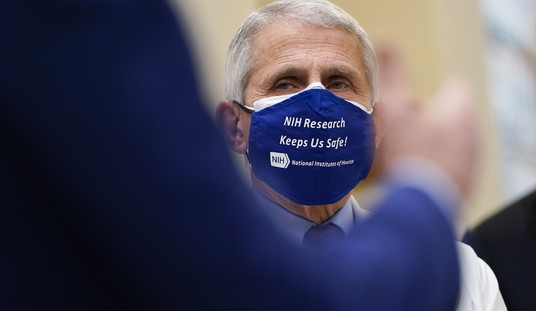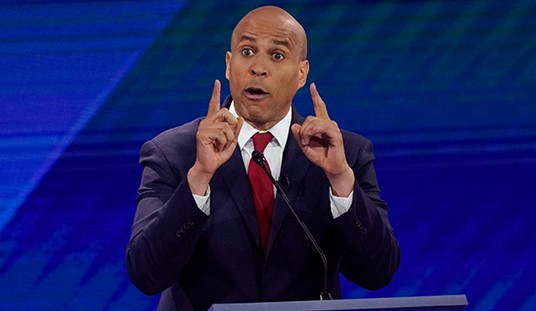The consensus among people who are not paid to say otherwise or otherwise invested in a Donald Trump victory seem to more or less agree that Donald Trump lost the debate last night; the question is really by how much. Gravis, who was hired by Breitbart, scored it a narrow win for Clinton. PPP, an equally unreliable source, scored it a 52-40 win for Clinton. CNN’s poll, meanwhile, scored it an overwhelming win on the order of Romney’s whitewashing of Obama in the first 2012 debate.
How well these polls reflect the actual impression of the American public is a completely different question. Personally, I also scored the debate with a slight edge to Clinton, with the caveat that I would say that Trump probably won the first 15 minutes of the debate, which are the most important. In the later stages of the debate, the wheels came completely off for Trump, and who knows how many actually undecided people were still up watching at that point.
Now comes the part where we wait to see whether the debate actually had an effect on the public’s perception of the race, and if so, how much. I tend to think overall “not much” – even if you feel that Trump exposed himself as an absolute failure who is unqualified for the office, he didn’t do so in a way that was exactly new to anyone. For better or for worse, a lot of the country is more or less okay with a psychopath in the Oval Office, as long as the psychopath is not named Hillary Clinton.
But let’s suppose that the public really saw it differently, and that it ends up being scored as an overwhelming win for Hillary Clinton. What would that do to the state of the race?
Well, from a baseline standpoint, I think most people would accept (including David Axelrod, who admitted as much during CNN’s post-debate coverage last night) that it’s pretty much impossible to kick anyone’s butt in a debate worse than Mitt Romney did to Barack Obama in the first debate of 2012. Here’s what that dominant debate performance did during the next week of the polls:

About a 4 point swing in a single week. In modern politics, that’s amazing. By this point of a race, there are fewer undecideds than there have ever been, and for a single event to have had such a monumental swing in a race is truly astounding. That having been said, it isn’t anything like a 10 or 15 point swing like you might have seen from an equivalent performance in years past.
As Trump has been aptly demonstrating, you can’t do almost anything in the modern political age to fall behind more than 7 or 8 points, tops. Now here are the next two weeks:

As you can see, a pretty ephemeral result. A number of things contributed to this: Obama righted the ship during the October 16th debate – not winning it outright but again establishing himself as a competent debater who was in fact tuned in to the election at hand. But equally important, the possible lanes for variation have just gotten more and more narrow. If politics were a bowling lane, the gutters at this point would be about 10 inches apart.
What this means, most likely, is that we are headed for yet another final month of the election season that is filled with uncertainty about who is ahead, who is likely to win, and what the state of the race is. I think Clinton probably helped herself slightly on Monday night, but not enough to alter this race permanently – at least in part because such a thing is not really possible in Presidential debates anymore.













Join the conversation as a VIP Member